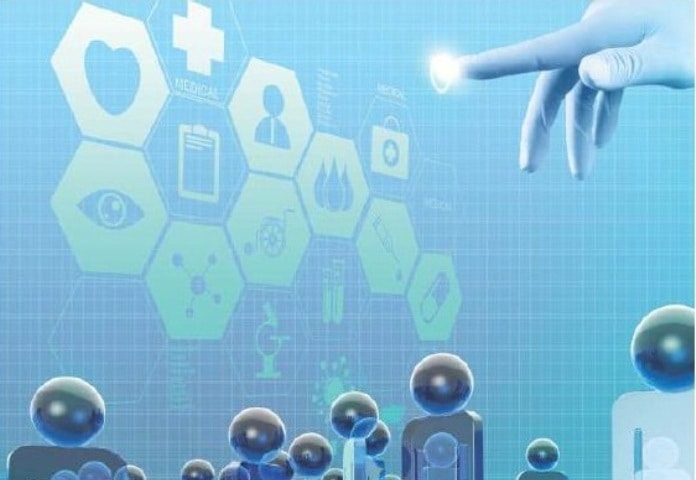The healthcare sector is being asked to do more with less. This fact is the crux of current discussions about how to better use information technology, and Big Data, in the hospital. But what many fail to notice is that in many cases, the future of digital healthcare is already here. This is especially the case when you consider the advanced technology being used in other industries that could be applied to healthcare, such as jet engines with sensors that provide real time monitoring and diagnostics to pilots in the air and engineers on the ground.
Although there is still a way to go before digital health technologies are fully integrated into our daily lives, like the internet and smart phones, there are countless examples of where cutting edge technology is already starting to revolutionize the ways clinicians diagnose and treat their patients.
 Much of this technology is at the pilot stage right now, but very soon we will see them applied in all areas of clinical practice. One day soon, these technologies will be available to patients as well, to manage their own conditions on a day to day basis. Given the impact of digital technology on the consumer world, it does not take much to imagine the potential it could have on healthcare.
Much of this technology is at the pilot stage right now, but very soon we will see them applied in all areas of clinical practice. One day soon, these technologies will be available to patients as well, to manage their own conditions on a day to day basis. Given the impact of digital technology on the consumer world, it does not take much to imagine the potential it could have on healthcare. 
Not only does this increase the accuracy and efficiency of scans, but thanks to the ever growing independence of these machines, clinicians have more time to dedicate to their patients.
The scanners can also immediately alert their managers when servicing is going to be required, reducing potential downtime.
What links these digital healthcare technologies together is that they are real world examples of cutting edge developments that will transform healthcare not many years in the future, but in the coming months and years.
The pace of change will be defined by how quickly these new approaches can be deployed at scale. By harnessing the data analytics and cloud computing seen more widely in other areas of industry, health professionals, in partnership with the medical technology sector, have real potential to accelerate the pace of adoption. This in turn will benefit patients and lead to even greater efficiency in care delivery.
┬Ā


















